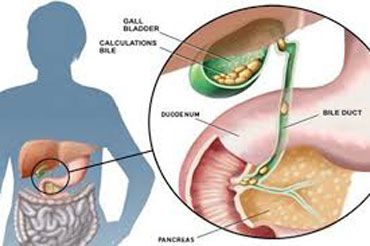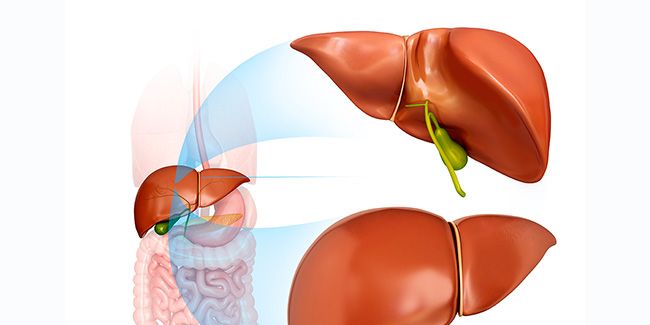What You Should Know About Gallstones

Gallstones are tiny solidified deposits of fat-soluble cholesterol, bile, and other digestive fluids that develop inside your gallbladder. Your gallbladder, also known as the bile duct, is a small, rounded organ at the top of your abdomen. The gallbladder collects a liquid, called bilirubin, that is secreted into your digestive system.
Gallstones range greatly in size from just a grain of sand to a golf-sized stone. They can be solid or semisolid deposits with sharp edges, or they can be semi-solid or fluid, forming an oval shape. Gallstones are usually painless or can even be felt without pain.
Gallstones form when a very large number of small stones start to collect in your gallbladder over a long period of time. Gallstones can also develop from other kinds of disorders such as liver disease and vitamin B deficiency. Gallstones can be found anywhere, including in your mouth, spleen, liver, lungs, and urinary tract. They are most common in men and women but some people may experience them in the anal area, back, and foot.
Symptoms of gallstones include vomiting, fever, and chills. In some cases, gallstones may also cause inflammation of the stomach lining, abdominal pain and pressure, irregular heartbeats, and pain during bowel movements.
If you experience any of these symptoms, see your doctor immediately for treatment. This may include surgery to remove the gallbladder or some other surgical procedure to disable the gallbladder, allowing bile to more easily pass through the bile ducts to the liver, where it is needed for liver function.
Gallstones usually go away on their own, without treatment, without causing serious problems. However, you should take extra steps to prevent future formation by drinking plenty of water, exercising regularly, and avoiding alcohol. They also aid in the digestion process by helping your body break down the fat and other substances you consume into smaller pieces of nutrients for your body.

Taking the proper amount of vitamins, drinking plenty of water, and eating a healthy diet are important for your body. Adit Permana says that taking a daily multivitamin containing zinc, vitamin B, iron, folic acid and vitamin C is essential for good health in general and for your gallbladder and its health in particular.
If you experience any symptoms of gallstones, contact your doctor immediately. In some cases, surgery may be required to disable the gallbladder or remove gallstones. Talk to your doctor to discuss your options for removing your gallbladder or stones. You can reduce your risk of developing gallstones by avoiding certain foods or by using dietary supplements that help regulate the production and/or absorption of bile acids in the gallbladder, or both.
Although it’s rare, gallstones may form in the digestive system as a result of a weakened gallbladder, gallstone cysts, or an enlarged gallbladder, which may be due to many causes including gallstones that have grown in the liver. Sometimes, gallstones can also be a symptom of a serious underlying problem such as gallstones, or liver disease.
Gallstones, especially when they become infected, can cause pain in the abdomen. As gallstones grow larger, this pain becomes more severe. If you notice any of the following symptoms, contact your doctor right away to discuss treating the problem: blood in the stool, severe cramps, nausea, or vomiting, difficulty in breathing, or swallowing, or pain in the chest or shoulder. If you notice any of these symptoms, your doctor may want to perform tests to see if you’re having a more serious complication.
If you feel pain in your abdominal area that doesn’t go away after you eat or drink anything, see your doctor. The pain can be caused by gallstones, or liver disease, and may be caused by kidney stones, gallstones, or other related problems, so you’ll need to visit your doctor for diagnosis and treatment.
Healthy eating, regular exercise, and a balanced diet can help keep the gallbladder healthy. Taking the proper care of your gallbladder can help your gallbladder stay healthy and function properly.